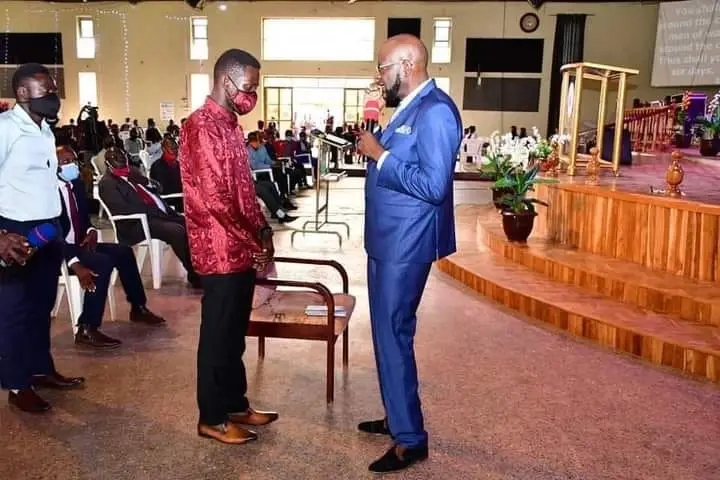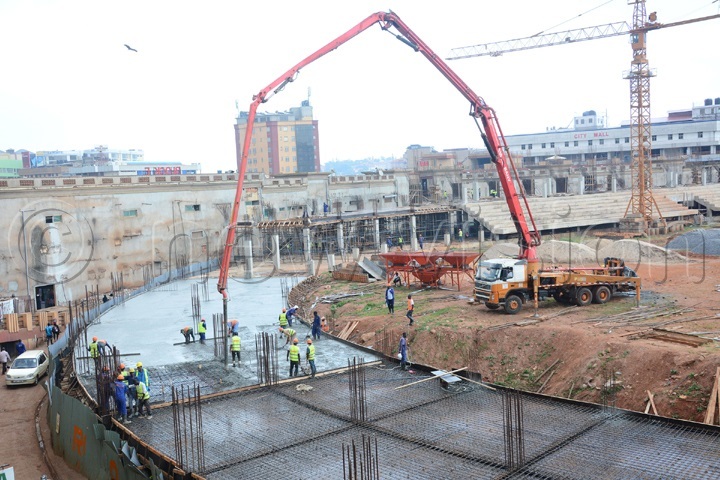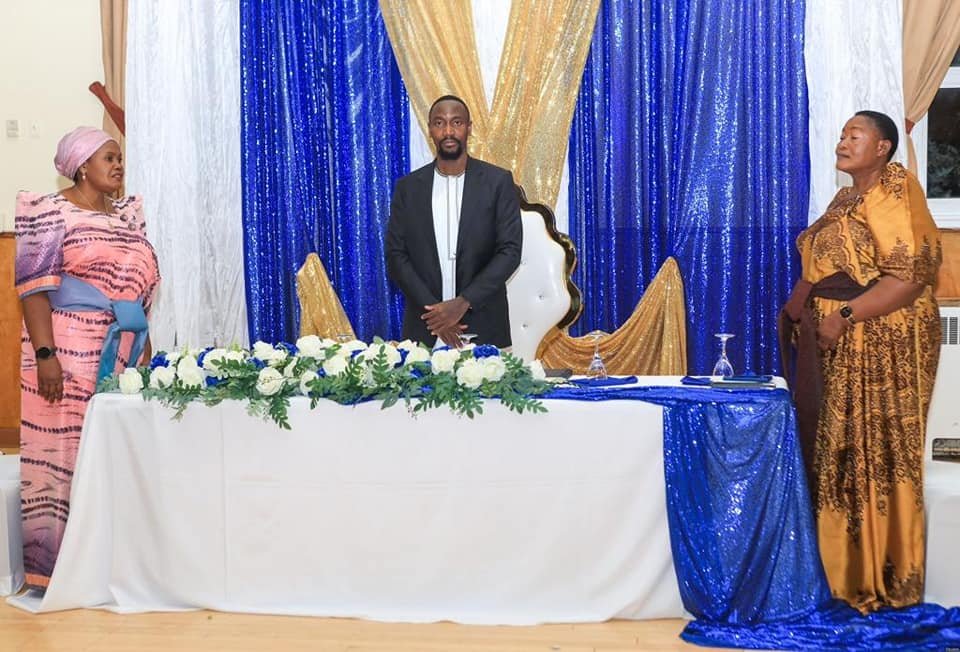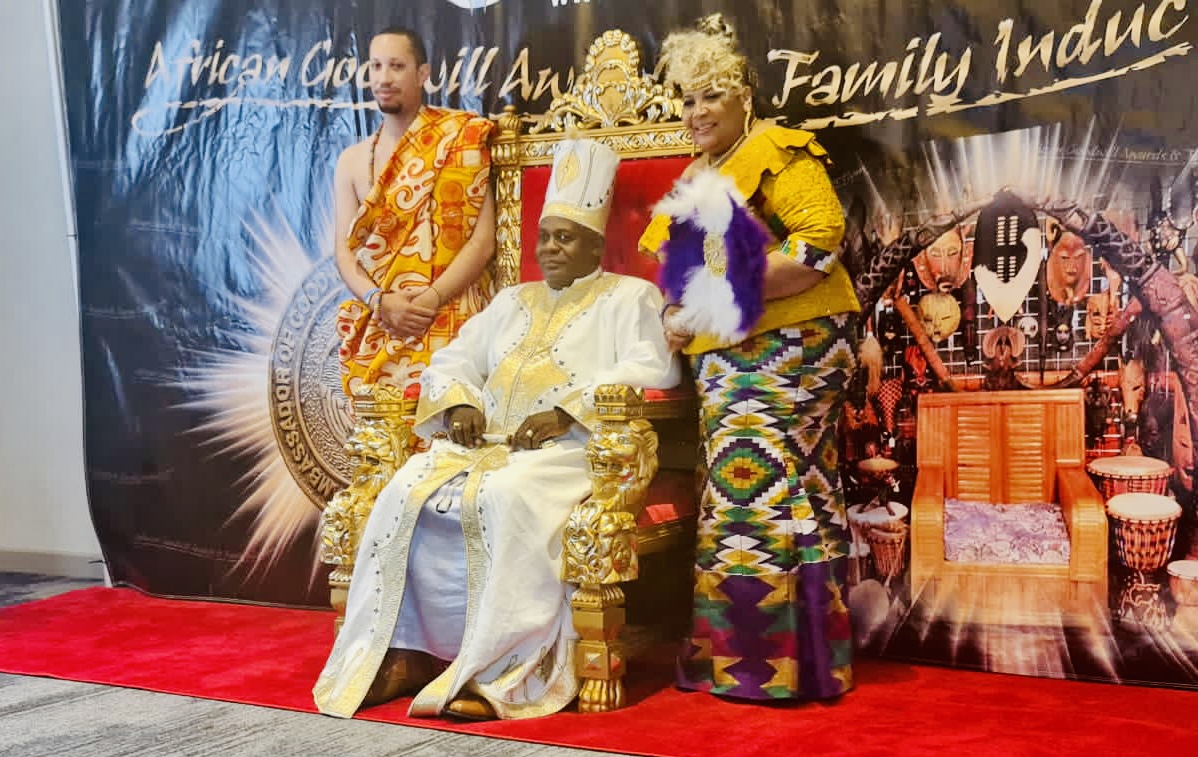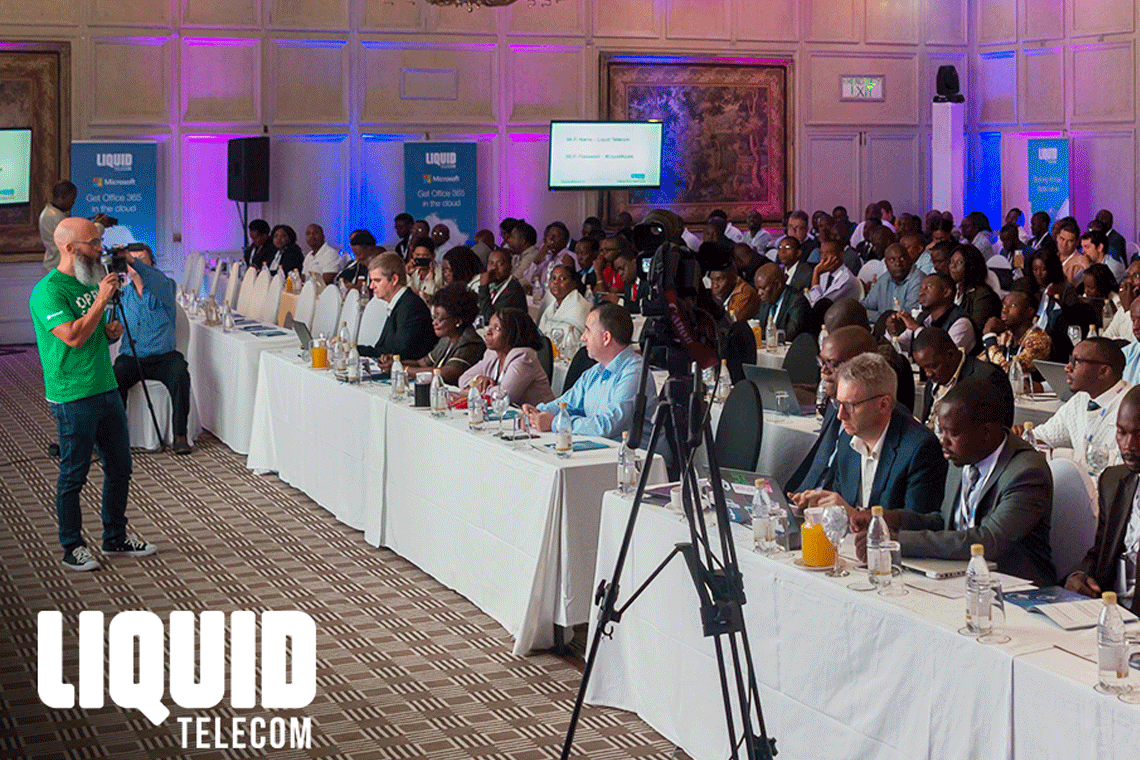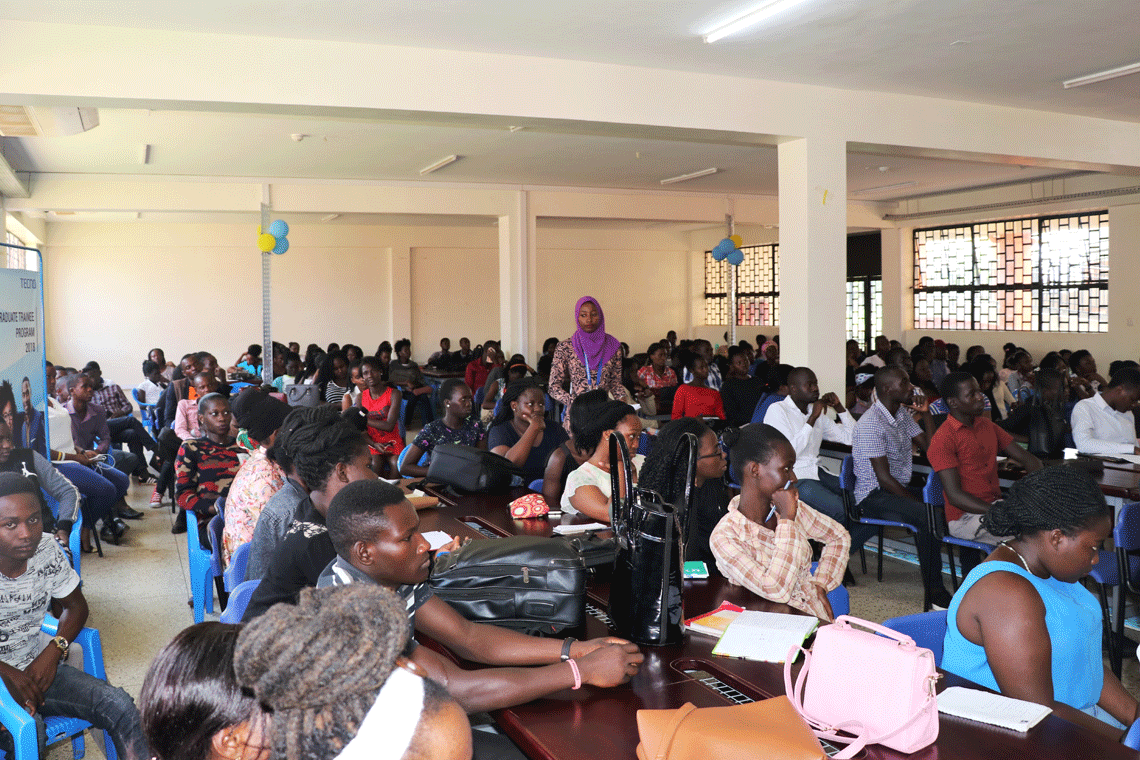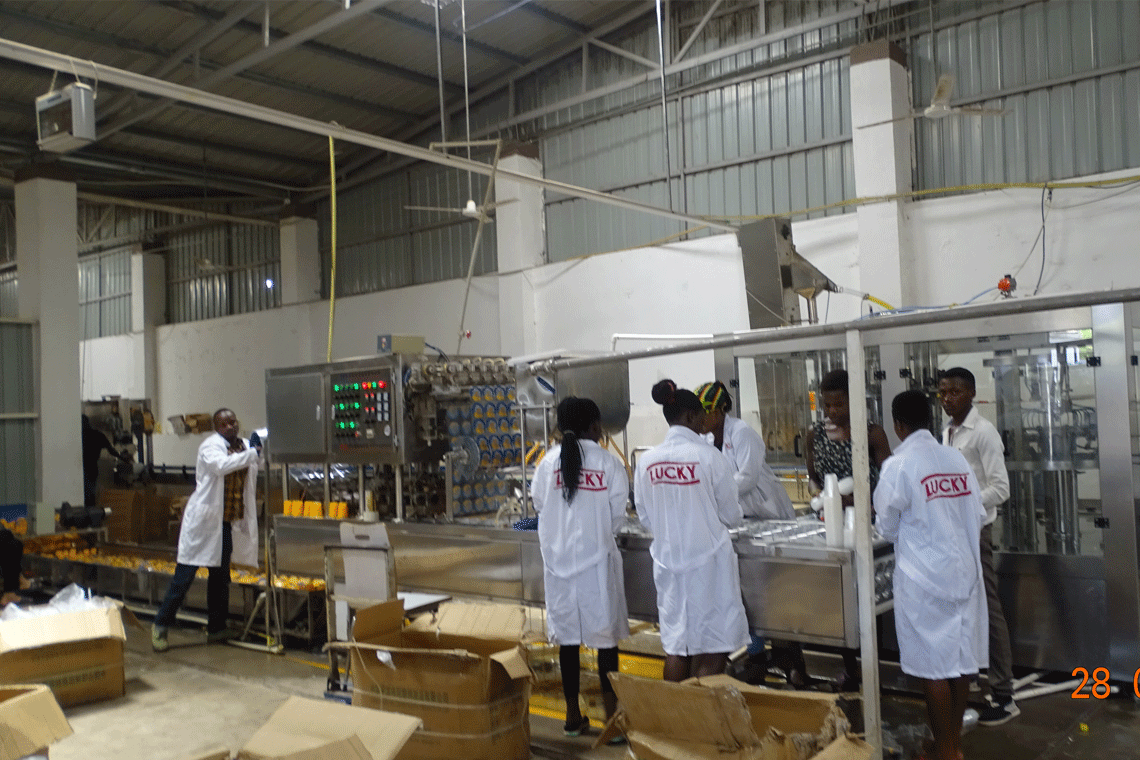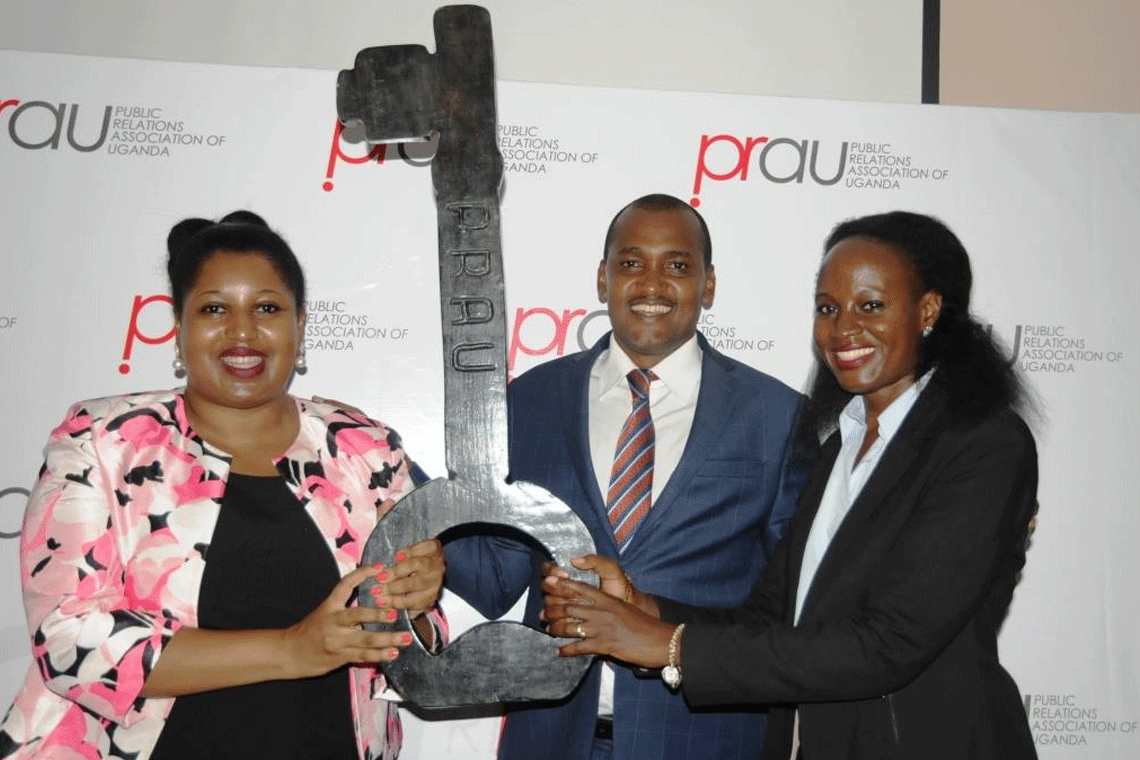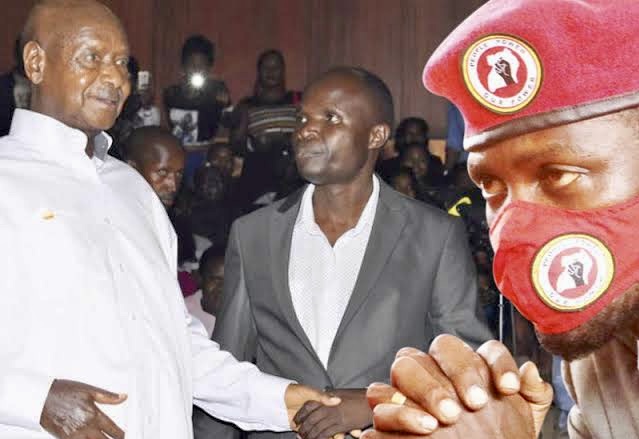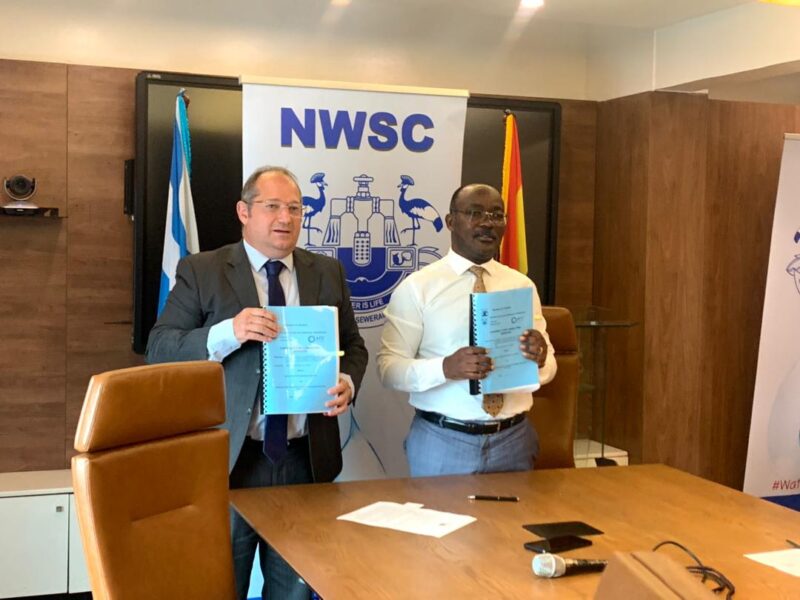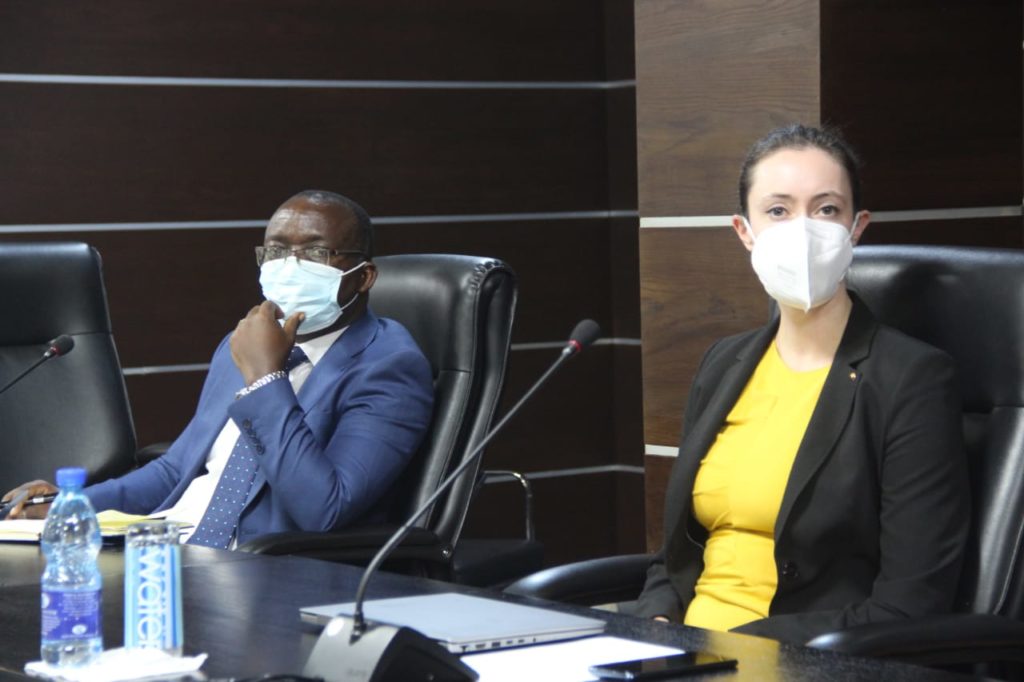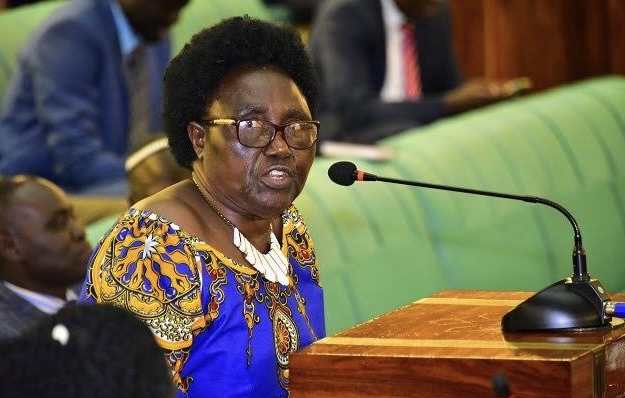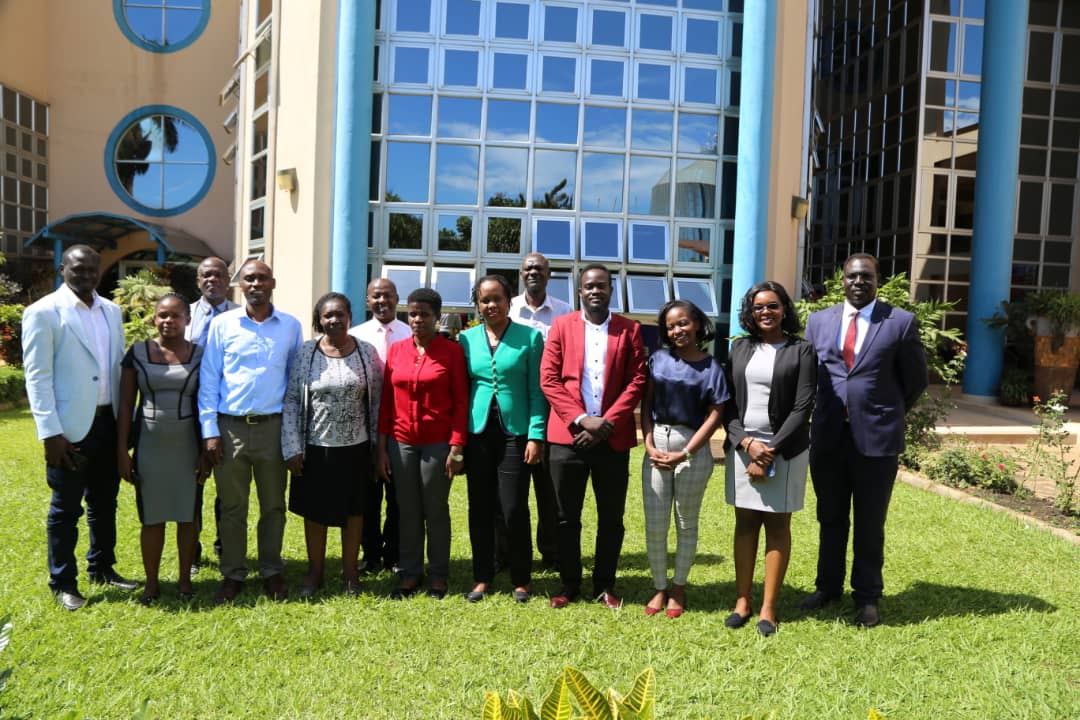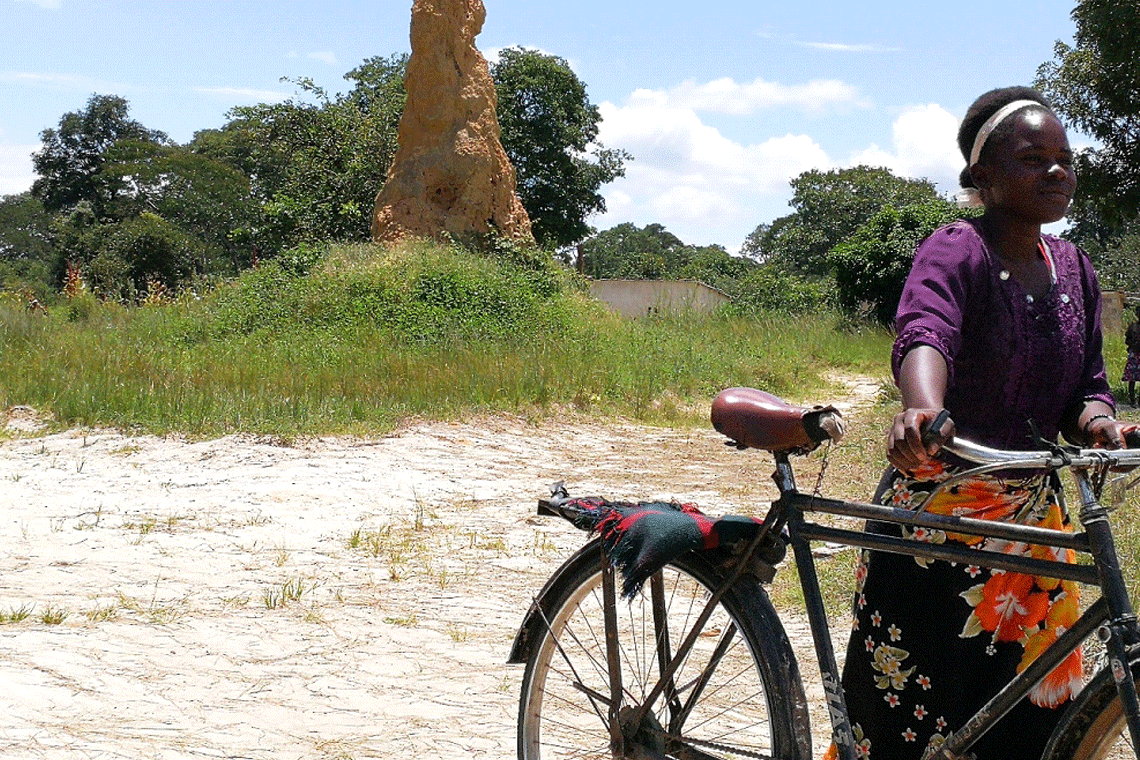Opinionated: Time immemorial, land has been a cause of conflict and war. No matter where one originates, land signifies power. Land is territory and all this translates into authority. The feudal system was built on land wherein the landowners had control over the tenants by virtue of owning land.
The wars between kingdoms were founded on factors regarding land. Empires have risen and fallen because of territory; which is premised on land. It suffices to say that land could cause so much chaos that the earth might spin westward on its axis. After all, land is the earth itself.
It is the vessel for all other resources on which humans survive. Food is grown on land and rivers don’t flow in space. Foundations for shelter are laid on land. The very components by which the world is framed are made of land and from minerals housed by land. If, by this point, one does not understand the relevance of land to the survival of humanity, then one should progress no further than here with reading this article.
The history of Uganda, or rather the area which the colonial government demarcated as the protectorate, is littered with battles fought over land. The change in this status quo has been only in so far as the nature of battles fought. In the nineteenth century and before, these battles were fought between kingdoms and blood shed on the battlefield. Today, the battles are fought by flexing financial muscle.
There have been several incidents where the wealthy are involved in grabbing land. Many a Ugandan citizen have lost their homes, farms and have had their families dismantled at the hands of the wealthy. Often the middle-income earner, or one of a lesser caliber, may purchase or inherit land that will, with time, belong to a wealthy man. This change of ownership is rarely justifiable.
Recently, Gideon Kirumira, son of tycoon Godfrey Kirumira claimed land under seemingly false pretenses. The land claimed is part of Mawokota Block 107. The registration documents with which the land was being claimed were questionable to say the least. A report by M/S Integrated Surveys and Mapping Consultants uncovered that Mawokota block 107, Plot 3 had its Mailo interests transferred under Crown Grant 11173 in 1916. It was then that MRV 27, Folio 15 (Mailo interests) was closed and FRV 29, Folio 4 was created. Thus, it is questionable that the land was being claimed under the former registration credentials which do not exist anymore in the cadastral records.
Kirumira claimed, in a letter to the Anti-Corruption Unit, State House, that he had paid billions for Plot 16, daughtered from Plot 1 of the same block having been acquired from Leo Lule Kimalempaka. To his dismay, the 400 acres he had purchased were under ownership of the government, the Ministry of Energy and Mineral Development having given authority to the Uganda National Oil Company Ltd to develop the land. In truth, Gideon Kirumira had laid claim on government land.
Thousands of Ugandans have lost land to either the rich or to government. One is a lesser evil than the other. With government, one gets compensation albeit under frustration. There is also the fact that the land is being procured for national development.
Government has been faced with justifiable resistance from the people it seeks to acquire land. By law, government is given the mandate to conduct compulsory land acquisitions for societal gain provided compensation is accorded to the affected. The compensation for the land has to be made based on the market value.
This is where complications arise. The individuals find that the government’s compensation is not worth the property they are losing. Of course, ‘market value’ will not involve consideration of the fact that people have attachments to the land they are losing. It is therefore understandable that many are unwilling to let go of their properties.
However, looking at it from government’s perspective; for every day spent without execution of development projects, the redundant machinery at project sites causes the government to incur expenses that are not part of the original budget. Logically, government is often in haste to move the process along. Also, there can be accountability where government is involved.
That is not the case with the greater evil that Ugandans are subject to. Now and then we, in the comfort of our brick built cozy homes, tune in to the evening news and are welcomed by a story or two of a mundane citizen whose garden was slashed. The poor fella will always be clueless of how the land that has belonged to his family for decades was acquired by the rich man laying claim to it.
The biggest source of confusion for these victims is that they never sign any documents transferring ownership of their land. When they present a title, it is dismissed by the authorities. Some of these land grabbers have gone as far as employing the police to do their dirty work. Imagine that! An institution built impartial, succumbing to the power of paper. Uganda is home!
The government, or rather the President, set up a Land Inquiry Commission headed by Justice Bamugemereire in 2017 to combat these rogue moguls. Since its set up, there have been, in tens of thousands, land disputes resolved often to the relief of the underdog. Nevertheless, there is only so much that can be done for the vulnerable citizens.
As presented earlier, land has been a cause of untold wars and numerous deaths. It would be naïve to think that there will ever exist societies in which people do not lose land under conspicuous circumstances. An argument may be made that our traditional societies did not have people grabbing land as is the norm today. But the battles then were between kingdoms. Call me cynical, but my faith in eradicating land grabbing is nil.
Nevertheless, the Land Inquiry Commission is, in my opinion, a step in the right direction. The wealthy shall always have power; it is the order of nature! Nature in the sense of the evolution of society.
Hold your reservations against the people on the commission or its work. Establishing institutions to work against the favored is a promise of better times. That is, when people that are incorruptible take the reins. I personally have no reservations against the commission; this is for those out there that are hell bent on never trusting the government to accomplish anything.
Rousseau, in The Social Contract, talks of man surrendering some rights for the protection of others to an institution that is capable of such. In this case, the best weapon against the wealthy is the government. There is an irony in this submission because, you see, politicians are funded by the rich and government; well, it is a composition of politicians.
Author Profile

- Stanley Ndawula is a two and a half decades’ seasoned investigative journalist with a knack for serious crimes investigations and reporting. He’s the Founding Editorial Director and CEO at The Investigator Publications (U) Limited
Latest entries
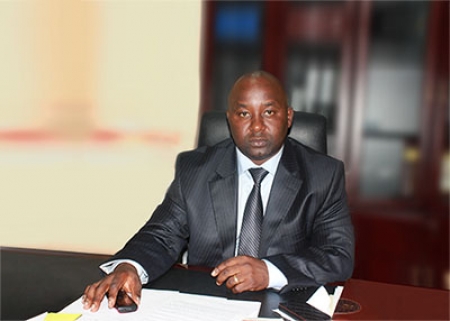 BusinessApril 16, 2024Equity Bank Billions Heist: “Let Him Go…” DPP Tells Police to Let Loose Kenneth Onyango as CEOs Samuel Kirubi and Anthony Kituuka`s Comfort Grow Thinner
BusinessApril 16, 2024Equity Bank Billions Heist: “Let Him Go…” DPP Tells Police to Let Loose Kenneth Onyango as CEOs Samuel Kirubi and Anthony Kituuka`s Comfort Grow Thinner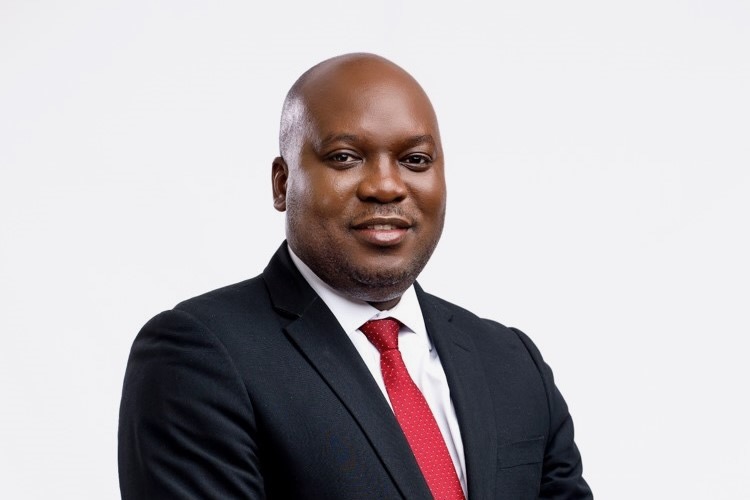 BusinessApril 10, 2024Equity Bank UGX65Bn Fraud Investigation: Resigned Executive Director Kenneth Onyango Finally Arrested as Former CEO Samuel Kirubi Sweats Plasma
BusinessApril 10, 2024Equity Bank UGX65Bn Fraud Investigation: Resigned Executive Director Kenneth Onyango Finally Arrested as Former CEO Samuel Kirubi Sweats Plasma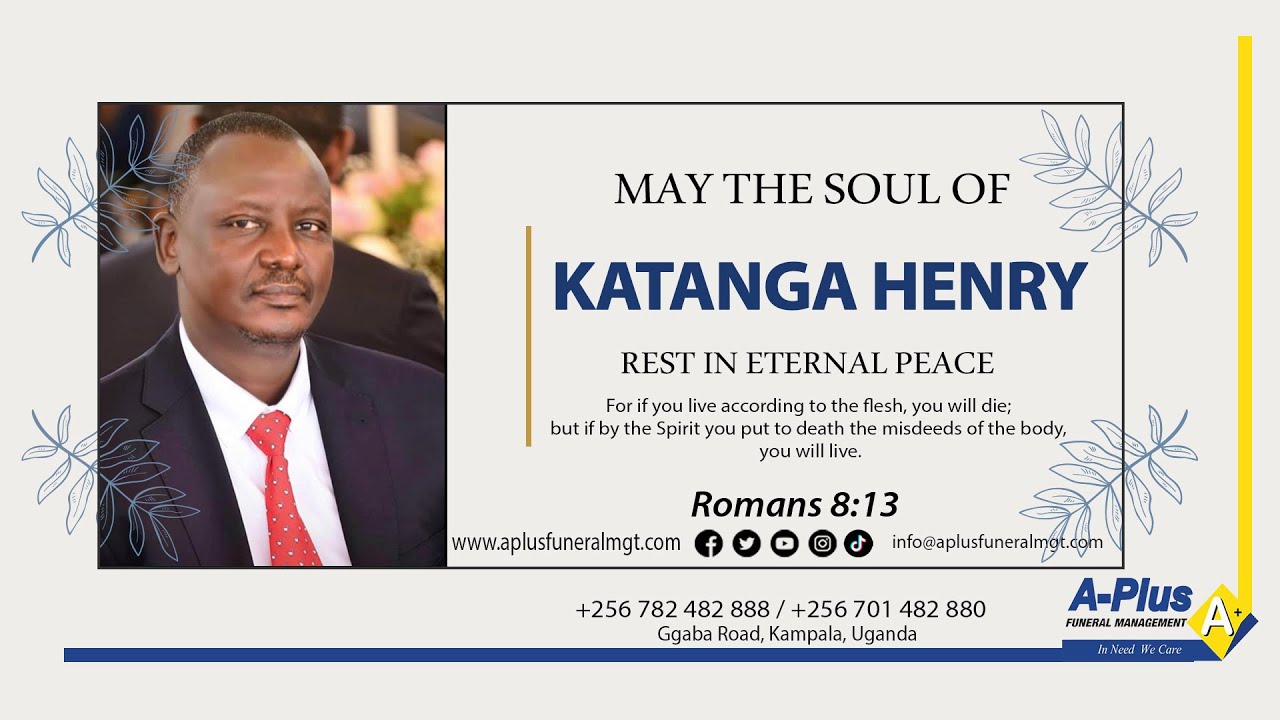 BusinessApril 1, 2024Four Months Down the Road: Henry Katanga Tragic Murder Unveils Tale of Greed and Betrayal as Bank Freezes UGX30Bn On Family Account
BusinessApril 1, 2024Four Months Down the Road: Henry Katanga Tragic Murder Unveils Tale of Greed and Betrayal as Bank Freezes UGX30Bn On Family Account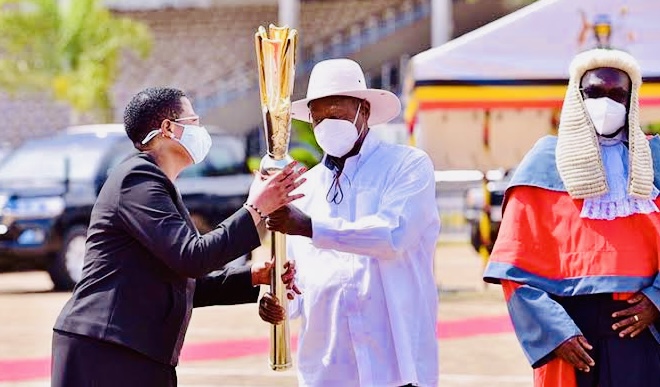 Crime newsMarch 11, 2024Pay Back Moment: Bitter, Yet Jubilant Gen. Museveni Set to Summon Central Executive Committee Over His Heavily Exposed Speaker Rt. Hon. Anita Among
Crime newsMarch 11, 2024Pay Back Moment: Bitter, Yet Jubilant Gen. Museveni Set to Summon Central Executive Committee Over His Heavily Exposed Speaker Rt. Hon. Anita Among




